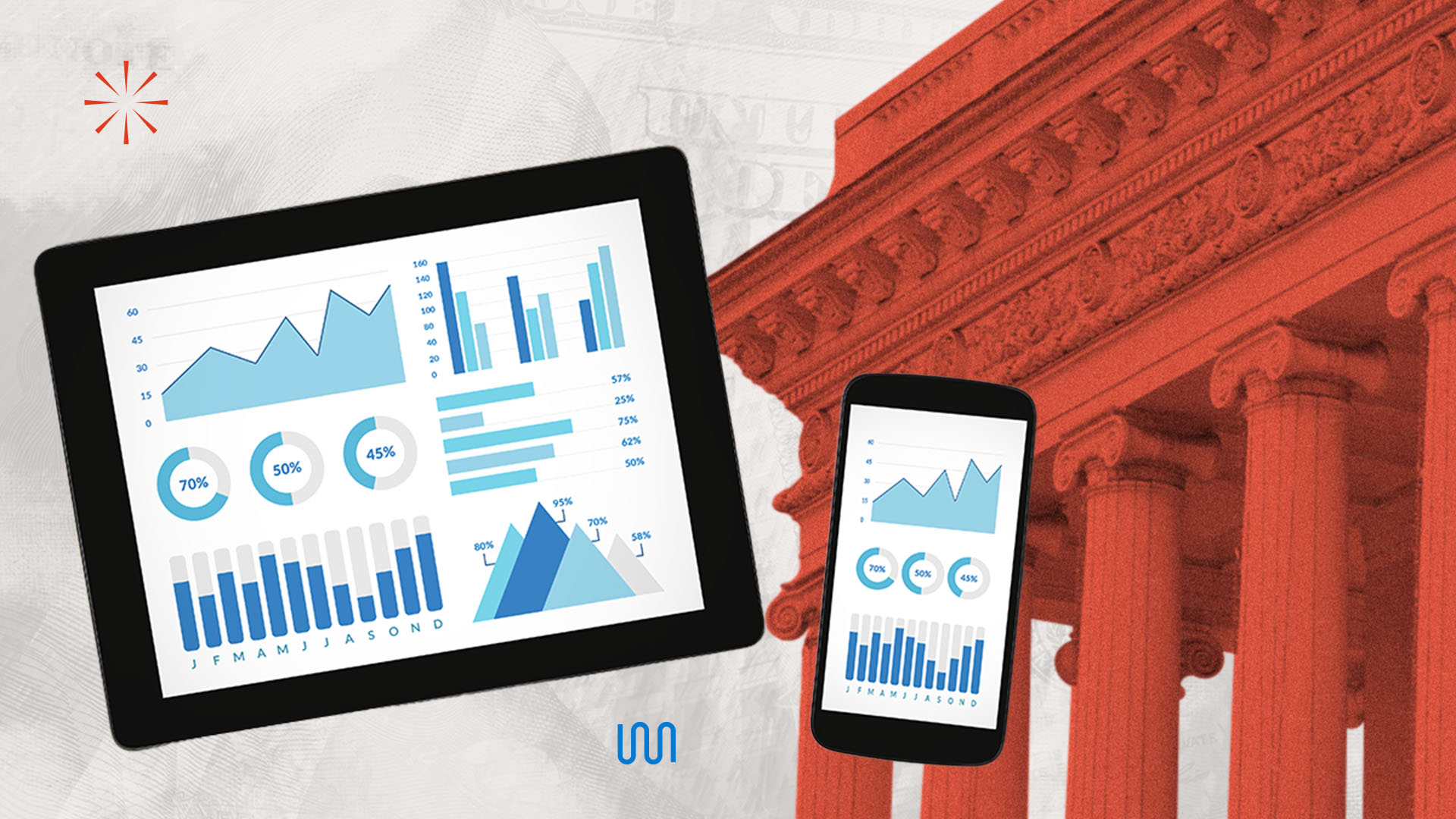
For as hard and uncertain as the early days of the pandemic were for financial advisors, the last two years have ushered in new virtual tools to digitize wealth management. Today, customers expect financial advisors to provide remote access to their trust and estate planning — and now, new regulations have made it easier than ever to help with that transition.
As these regulations and technological advancements continue to evolve, so do options to better serve clients. From online notarization to virtual consultations, here’s how the future of trust and estate planning is being digitized.
Remote access to expert financial support
Even through a digitized experience, a human touch can make all the difference for your clients. Many advisors are offering their expert financial support via videoconferencing or over the phone. With digitized financial planning, potential clients are no longer limited to advisors in their local area and can now connect with expert financial professionals anywhere in the world for trust and estate management.
While rival wealth management websites come equipped with chat-bots or robo-advisors, financial advisors are seeing much greater success and an improved customer experience by giving their clients access to a dedicated remote system of knowledgeable financial support. Clients with especially complex estates have come to rely on AI-based portfolio recommendations and regular virtual performance reviews from their financial advisor.
And with electronic document execution now a reality, the entire process can be performed on your client’s terms, from the comfort of their own home.
Virtual witnessing and notarization
As the practice of financial planning has moved to a more remote experience, states have made it easier to digitize trust and estate planning by reevaluating regulations for document notarization. In the years prior, many states required the physical presence of two disinterested witnesses for the execution of a will. That quickly changed as the effects of the pandemic became clear, and new regulations have made virtual witnessing and notarization a reality. Now financial advisors are able to provide their clients with an alternative to meeting in-person with a notary. Financial institutions are embracing online notarization platforms like Notarize to give clients the ability to sign and notarize important forms — such as power of attorney, wills and estate planning documents — from anywhere at any time.
Rebuilding trust and convenience
New products, tools and regulations are making it easier than ever for financial advisors to digitize trust and estate planning — and data shows that these new services are improving the industry by rebuilding trust and satisfaction with clients.
At the start of the pandemic, many think-pieces predicted a dramatic downturn for financial advisors. Many believed wealth management was a sector which could only function in-person. However, advisors that were quick to adopt new technology and strategies that allow their clients to manage finances virtually are generating greater amounts of business and more satisfied customers.
New virtual services are allowing financial advisors to spend more time building rapport and trust with new clients. Online tools that provide transparency, educational services and service-centric ideologies are helping to build strong relationships with new and existing clients. Financial advisors that embrace technology can see more clients a day as well as create a more personalized experience for each.
The future of digital trust and estate planning
While the pandemic impacted financial advisors in uniquely challenging ways, it also accelerated incredible advancements in technology. New tools and regulations have paved the way for online notarization, virtual consultation and increased customer satisfaction.
As the capabilities of wealth management technology continue to evolve, so too will the opportunities to better serve your clients.




